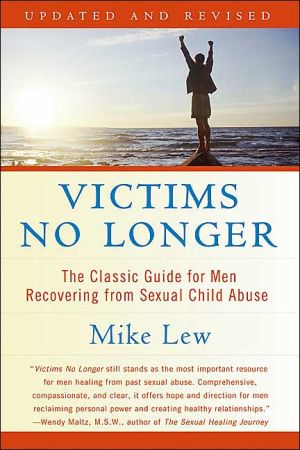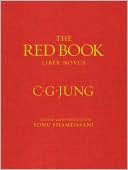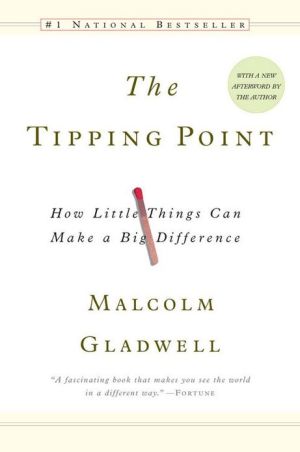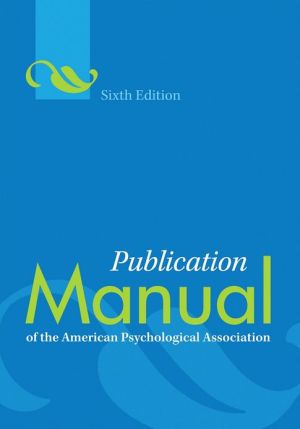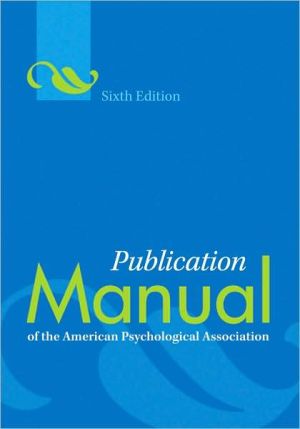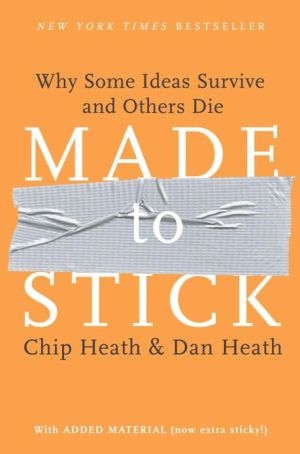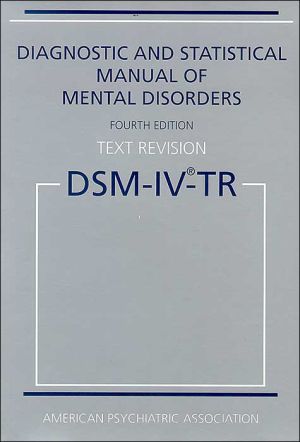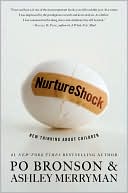Victims No Longer: The Classic Guide for Men Recovering from Sexual Child Abuse
For millions of men on the path to recovery, Victims No Longer is the next step.\ The first book written specifically for men, Victims No Longer examines the changing cultural attitudes toward male survivors of incest and other sexual trauma. Now, in this Second Edition, this invaluable resource continues to offer compassionate and practical advice, supported by personal anecdotes and statements of male survivors. Victims No Longer helps survivors to:\ \ Identify and validate their childhood...
Search in google:
For millions of men on the path to recovery, Victims No Longer is the next step.The first book written specifically for men, Victims No Longer examines the changing cultural attitudes toward male survivors of incest and other sexual trauma. Now, in this Second Edition, this invaluable resource continues to offer compassionate and practical advice, supported by personal anecdotes and statements of male survivors. Victims No Longer helps survivors to: Identify and validate their childhood experiences Explore strategies of survival and healing Work through issues such as trust, intimacy, and sexual confusion Establish a support network for continued personal recovery Make choices that aren't determined by abuse Psychotherapist Mike Lew has worked with thousands of men and women in their healing from the effects of childhood sexual abuse, rape, physical violence, emotional abuse, and neglect. The development of strategies for recovery from incest and other abuse, particularly for men, has been a major focus of his work as a counselor and group leader.Thoroughly updated and revised, and including an expanded Resources section, Victims No Longer educates survivors and professionals about the recovery process — speaking to the pain, needs, fears, and hopes of the adult male survivor.
Victims No Longer (Second Edition)\ The Classic Guide for Men Recovering from Sexual Child Abuse \ \ By Lew, Mike \ Quill\ ISBN: 006053026X \ \ \ Chapter One\ Sexual Child Abuse:\ \ Myths and Realities\ And those that create out of the holocaust\ \ of their own inheritance anything more than a convenient\ \ self-made tomb shall be known as "Survivors."\ \ -- Keith Jarrett, The Survivor's Suite\ Child abuse. The term has entered our vocabulary with an eerie everyday familiarity. It is an enemy we can all rally against. Good people everywhere unite in condemnation of the few evil, sick individuals who abuse children. We talk confidently about the need to protect our children from these weird, trench-coated strangers who lurk about schoolyards with molestation on their minds. We create programs that teach kids not to accept rides or candy from strangers. We assume we know what child abuse is.\ At the same time we create an image of the perfect family. Television shows and movies portray wise, caring fathers and loving, nurturing mothers imparting decent values to their children in an atmosphere of trust and openness. When problems arise, Dad has a fatherly talk with Sonny and gently guides him to the path of reason. Mom sits on the edge of Sis's bed and talks about her own childhood, dispensing motherly wisdom liberally laced with hugs. Or the family sits down together at the dining room table to solve the little problems of childhood through easy communication and folksy stories. We create a fantasy of family life whose problems can be solved within the episode, and then we believe our own creation. We assume that we know what family life is.\ What is Abuse?\ If you have decided to read this book, it is likely that your own experience was dramatically different from this ideal. If you were abused as a child, your memories of family life present another picture. Dad's "fatherly talk" was anything but reasonable, and his guidance far from gentle. Mom's own childhood memories may have been of violence and sexual abuse. And mealtimes were occasions to be endured or avoided. You may remember absent, unavailable or nonprotective parents -- unable to help you because they couldn't help themselves. A family evening at home might have included screaming fights, bouts of drunkenness, episodes of physical violence, cowering children hiding in fear, nightmares, tears, confusion, stony silences, unreasonable blame, ridicule, repeated beatings, missed meals, helplessness, attempts to protect a parent or sibling ... or sexual abuse. Your memories may include not being believed and having no source of protection. You may have little or no detailed memory of your childhood, positive or negative, and wonder why you can't recall those happy times -- those "golden childhood years." Some of you pretended it was otherwise, imagining your family as happy, wise, healthy, and harmonious. In this way you attempted to protect yourself from the abuse, holding on to the fantasies as long and as tightly as you could manage until reality forced its way into the picture. You may still find yourself tempted to rewrite your family history to bring it more in line with the way you wish it had been.\ As a society and as individuals, the images of family life we've created are pleasant and comforting. It is no wonder we cling to them so fiercely -- we defend them against the intrusion of a harsher reality. Even when we are in the midst of an abusive situation, it is often easier to pretend it is otherwise. In fact, your fantasy of an ideal family may have been the only refuge available to you as a child. Realizing this makes it easier to understand a child's insistence -- in the face of blatant evidence of abuse -- that nothing is wrong. In my clinical practice I have heard many people tell heartrending stories of brutality and violence, only to have them react with surprise when I refer to their childhood as abusive. This begins to make sense only when we combine misinformation about the nature of child abuse with the mythology of perfect family life.\ "The Family" is a sacred construct in most cultures. Politicians are elected on the basis of their commitment to Family Values. Educators and clergy decry the "erosion of Family Life." No one is willing to risk violating the sanctity of The Family. Along with the value placed on the family, Americans cherish the concepts of Privacy and Independence.\ "A man's home is his castle." Within this castle, the king and queen rule absolutely. Few people are willing to make suggestions as to how children should be raised, let alone interfere with their treatment. It is seen as solely the parents' responsibility. This combination of cultural values leaves parents (who may themselves be products of abusive childhoods) isolated when dealing with the stresses of family life. It creates an environment wherein children (and wives) are seen as property. "Ownership" confers license to treat a child as one wishes.\ Our respect for independence and diversity provides leeway for a wide range of parental behavior. The importance we ascribe to individual and family privacy allows some harmful and shocking behavior to go unnoticed (and extremes of abuse to go unreported). Only recently has the need to protect children from abusive parents begun to be recognized. But change is slow and tentative. Interference with the family by child protective agencies is viewed with suspicion.\ The reality is that abuse exists. It is real and it is common. It takes many forms, some blatant and others subtler. The spectrum of child abuse ranges from neglect to physical violence. It includes torture, beatings, verbal and psychological maltreatment, child pornography, and sexual abuse (ranging from seductive behavior to rape). Abuse of children is seldom limited to one of these manifestations. Abuse appears in varying combinations, duration, and intensity. All forms have devastating, longterm effects on the child.\ In the face of absolute parental authority, a child loses all "adult" rights -- to privacy, independence, and even control over his or her body. We continue to maintain the fiction that abusive behavior by those closest to the child is less severe than that which is perpetrated by strangers.\ Continues... \ \ \ \ Excerpted from Victims No Longer (Second Edition) by Lew, Mike Excerpted by permission.\ All rights reserved. No part of this excerpt may be reproduced or reprinted without permission in writing from the publisher.\ Excerpts are provided by Dial-A-Book Inc. solely for the personal use of visitors to this web site. \ \
\ Hank Estrada"Victims No Longer will remain for years to come the original resource manual for adult male survivors."\ \ \ \ \ Dan Sexton"We finally have a book which can offer men support on their journey towards recovery and healing."\ \ \ Judith Herman"Male victims carry a particular burden of shame. Victims No Longer helps to lift the burden."\ \ \ \ \ David Fineklhor"Passionate and compassionate , both speaking out on behalf of male victims and illuminating a number of pathways toward healing."\ \ \ \ \ Richard Gartner"Accessible, moving, and validating... a beacon of hope for sexually abused men and their loved ones.."\ \ \ \ \ Reverend\ - Anne C. Fowler\ "As an Episcopal priest...I depend upon Mike Lew’s insights in my daily work."\ \ \ \ \ Ernesto Mujica"A touchstone of gtuidance, hope and understanding that helps therapists, survivors and their loved ones."\ \ \ \ \ Vicki Polin"Victims No Longer sits on my desk as a reference guide for both myself and my clients."\ \ \ \ \ Howard Fradkin"The first book I recommend to new clients."\ \ \ \ \ Joe Amico"The definitive book on men who were abused. I refer other professionals to the book and make it required reading."\ \ \ \ \ Ken Singer"Victims No Longer breaks the isolation, shame and sense of uniquness that most male survivors struggle with.\ \ \ \ \ Wendy Maltz"The most important resource for men healing from past sexual abuse. Comprehensive, compassionate and clear, it offers hope....\ \
